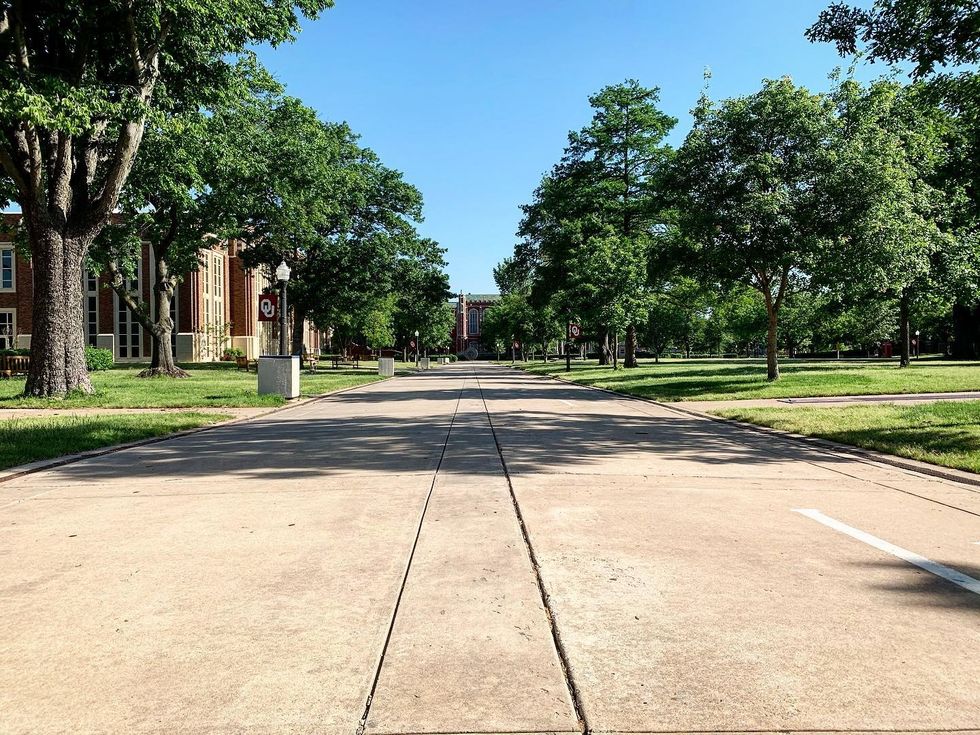Today was a regular day: I keep 6 feet of distance around every person that walked in the same area as me. Seeing people walk around wearing masks over their noses and mouth is not out of the norm. I work at home now. I use my hand sanitizer every time I touch a surface exposed to the public, and I refrain from touching my face.
Once upon a time, this was not the norm. The norm was for people to be socializing in restaurants, clubs, shops, and concerts. Friends would sometimes openly spit on each other to bring out a reaction of disgust. Once upon a time, leaning on each other was not considered endangerment. Visiting someone in a hospital with a lung condition was not lethal. Once upon a time, WE WERE ALL OBLIVIOUS.
Covid-19 is not the first virus that could be spread through coughing, sneezing, and transfer through physical touch. It is ironic that physical touch is deemed a love language when it can actually be lethal. However, Covid-19 is not the only instance that humans endanger each other via bacteria or viruses.
The ultimate paradox we face is that we need human touch and interaction, but it's a risk that can put us all in danger. Obviously, not all of the time, but we have lived blissfully: completely unaware of the consequences of our actions and that every action counts.
We were spreading diseases before Covid-19 because we were unconscientious of how bacteria works. What is even more ironic is that as humans are on top of the food chain, the only real predators that humans are susceptible to are microbial.
Why did we ignore our only predators? Why did we pretend that just because something was invisible that it was not harmful?
The pandemic shows us that we pretended that comfort was not a detriment. When we are comfortable, we do not change what needs to be changed. We do not consider the truth if the truth is not comfortable. We seek what gives us comfort because it is easier to feel good, even momentarily, instead of addressing the elephant in the room and maintaining what we need to maintain.
It is easier to not be aware of the presence of microbes on the surfaces around us, so we ignored them.
They will always be there, and they proliferate and evolve because we try to stay comfortable and pretend we do not need to maintain our own health.
Comfort has an accomplice, also known as the tragedy of the commons. Public areas are available to everyone, and because they are, no one takes care of them. Public areas are assumed to be taken care of someone else, anyone else. However, only private property is usually maintained in good health because private property is governed by a smaller party that dedicates resources to the maintenance.
Public areas are forgotten because it is uncomfortable for people to take care of property they do not own themselves. People take pride in ownership and property, but they cannot take pride in property that they do not share personal investment. We assume someone maintains the public areas, but the reality is they are so overly visited that it is difficult for them to be kept.
There are so many simple biological mechanisms that the public can understand about how to keep ourselves healthy and not spread bacteria to each other, yet it is not a social norm to upkeep that kind of behavior.
It's just not comfortable.
















